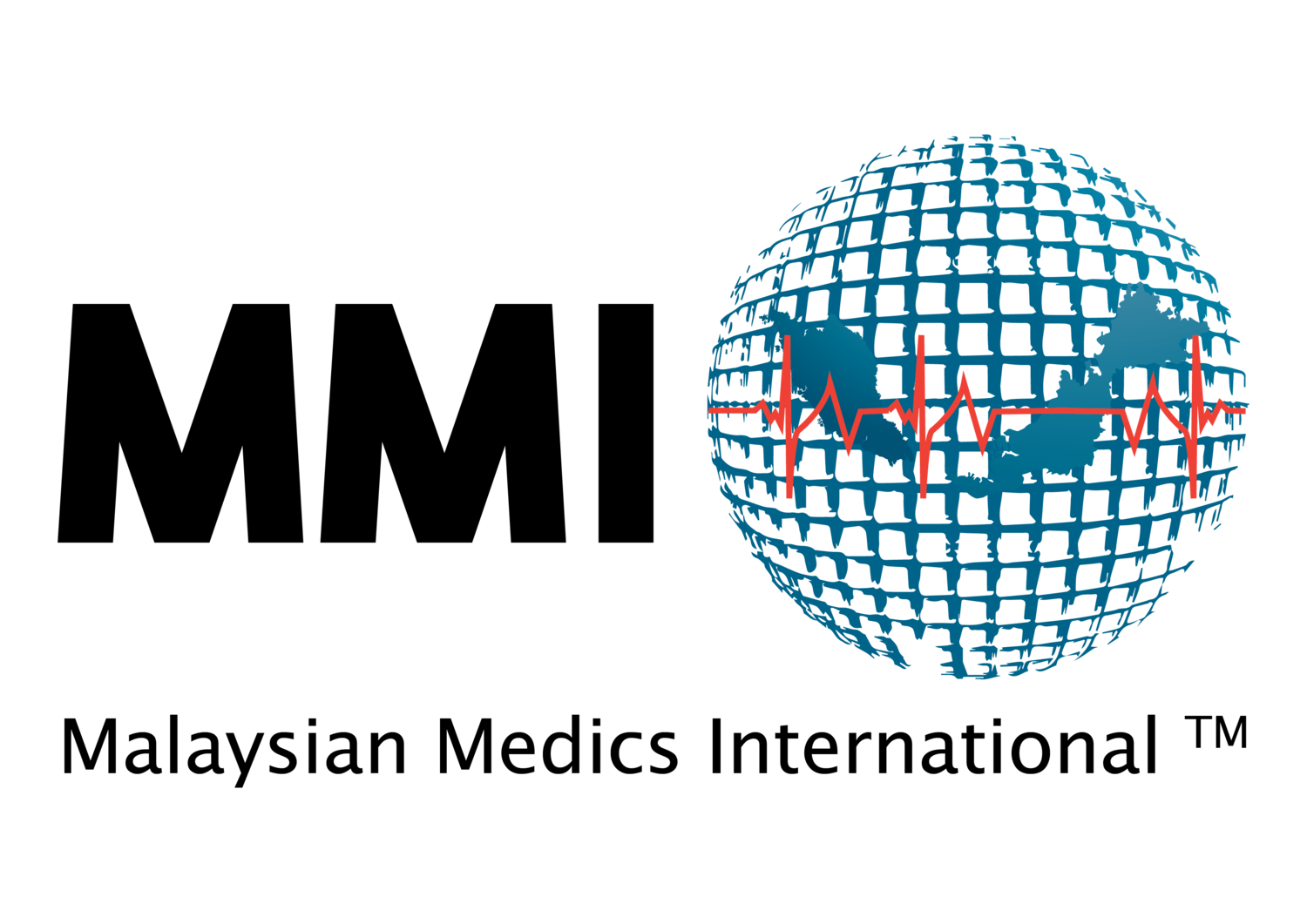“… When Will the Numbing Effects of a Toxic Working Environment Start To Seep In?”
Humans of Medicine #25
“Berapa kali perlu saya ulang? Saya sudah bagitahu yang ini ialah kanser dan perlu operation!” (“How many times have I told you? This is cancer and it needs to be operated!”), exclaimed an exasperated specialist, in front of three other doctors and two medical students, as she explained to the wife of a patient with oesophageal cancer that her husband would need surgical intervention the next day.
The doctor’s obvious lack of empathy and compassion made me wince. But what’s more, my overwhelming pity goes out to the wife when she replied to the doctor feebly, “Maaf doktor, saya cuma tidak faham” (I’m sorry doctor, I just didn’t understand”). 3 years later, that incident still etched in my mind, clear as day and would always leave me brokenhearted. A toxic working environment has become all too common nowadays. What disgusts me most is the hierarchical system that governs a workplace: senior – junior mentality, sense of entitlement, a demand for respect.
I first came into medical school with a burning desire, like all aspiring doctors — to help others, provide comfort, be a healer, to change the world. But once I entered the medical field, the fire that once burnt with passion, started to dim slowly as I witnessed the realities and atrocities that struck the hospital setting.
As doctors, most of the procedures we perform on a daily basis are structured and routine. We end up doing the same thing over and over again until our days progressively turn mundane and monotonous, to a point where we feel diminished into life robots — desensitized to our surroundings and our own emotions.
Our sense of integrity starts to chip away gradually: Berating and rude remarks among colleagues become a trend; medical professionals cutting corners when handling with patients; medical students always fearful of their lecturers to never cross the line especially during their bad days, or else students would have to suffer the consequences of being demeaned or degraded. This, in turn, greatly affects the medical students’ self – esteem and performance.
Even during our regular morning ward rounds, I witness doctors ignoring the fundamental ethics of confidentiality, as they broke the news to a female patient — in a ward cubicle, in front of a few other doctors and medical students, with other patients just within earshot — that she had developed Stage 4 Breast Cancer and her odds of survival is minimal. How hard can it be to usher the patient into a closed room, and explain about her condition in private instead? Or maybe with her other family members or caretakers as well, especially regarding a tragic situation like this? When I look at the new, budding housemen, I wonder when will the numbing effects of hospital bureaucracy, defensive medicine and a toxic working environment start to seep in and take over them?
The French historian and philosopher, Michel Foucault, coined the term ‘the medical gaze’, describing it as ‘looking at other people, not as fellow humans with needs and subjective feelings, but as objects of detached curiosity’. And it’s probably no coincidence how the term is named. Because how many times have we, as doctors, catch ourselves treating our patients likewise?
I’m not trying to whine or point fingers at any party. Maybe I’m not qualified to bring this issue up because technically, I’m still not yet a practicing doctor as I have yet to wait for my housemanship. I may not even understand the gargantuan weight that doctors have to carry on their shoulders everyday, or the magnitude of stress exerted on them in the workplace.
But I’m lamenting from the perspective of a victim of the healthcare system, who has experienced her fair share of humiliation and disappointment in the medical profession. All I’m asking is for us all to break the status quo and steer clear from what we have long considered, ‘the norm’.
Probably asking someone else to transform their ways is too much to ask. Instead, I advocate promoting change, first, within ourselves — through our actions, words, thoughts etc. By emulating these virtues, hopefully it will rub off on anyone we associate ourselves with, so that eventually, a community that puts emphasis on kindness, respect and compassion emerges.
Life is already challenging as it is. Thus, isn’t it the more reason for all of us, in our respective workplace, to step up as a team? To lend each other a helping hand and lighten the burden? To cooperate, as opposed to segregate?
Let this be a reminder for us all, and especially for myself, in the future.
About the author
Written and submitted by Dr. Christal Asong, a born and bred Sarawakian junior doctor with a passion for writing. The full version of the article can be found at HERE, along with more of her personal experiences and anecdotes.
Consent has been obtained from the interviewee for the purpose of this publication. The author has rewritten the article with permission from the interviewee.
Humans of Medicine is a new initiative under MMI. We tell inspiring stories behind portrait shots of our everyday unsung heroes. Curated by Malaysian medical students from home and abroad.
If you have a story you would like to share, please reach out to us at admin@malaysianmedics.org.



